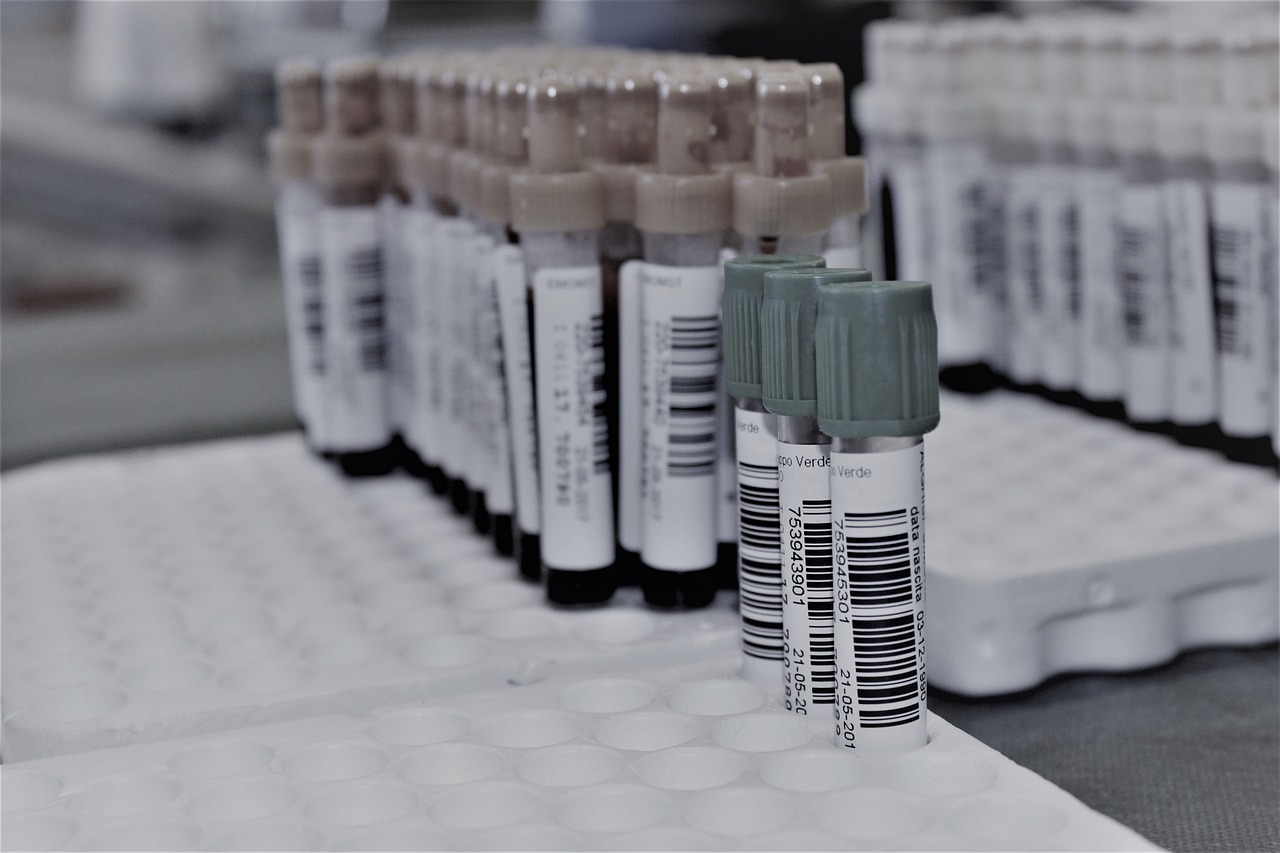For hiring managers across the biopharma market, navigating change is a constant challenge. Focusing on biopharma executive search, we know that whether you’re in R&D, operations, or strategy, understanding where the industry is headed can mean the difference between thriving and falling behind. In this blog, Invenia Group Associate Director of our Pharmaceutical team Christine Sands explores 4 key trends we expect to shape the future of biopharma this year.
Artificial intelligence
In the second quarter of 2024, AI-related deals in the pharmaceutical sector grew by 14% compared to the same period in 2023. This year, AI is expected to become an even more essential force in the industry, expanding well beyond drug discovery into full-scale integration across business operations and value chains.
With nearly 60% of industry leaders planning to increase investments in generative AI, the focus will shift from exploration to measurable application and efficiency gains. This will likely reshape workflows, improving productivity rather than displacing jobs, as companies strive to leverage AI’s capabilities to drive growth and innovation.
Gene and cell therapy
In Q1 of 2024, over 4,000 gene, cell, and RNA therapies were in development, with notable increases across all clinical stages. Phase I therapies saw an 11% rise, marking the largest growth since late 2022.
This year, we can expect advances in genetics and bioengineering to drive great progress in the field. While current applications are largely limited to research, gene therapies show great potential for treating a wide range of conditions.
US Biopharma
Trump’s return to the US presidency is set to significantly impact the industry. His administration has indicated plans to revisit and potentially revise drug pricing policies, including aspects of the Inflation Reduction Act (IRA) that introduced Medicare’s authority to negotiate drug prices.
Newly appointed Secretary of Health and Human Services Kennedy’s potential influence over health agencies like the FDA and CDC could also lead to policy shifts affecting drug approvals and vaccine distribution, introducing further uncertainty for biopharma companies.
Technology
This year, we can expect advanced technologies like virtual and augmented reality (VR/AR) for immersive drug design, training, and clinical trial simulations.
Smart pill technology is set to drive progress in real-time health monitoring and precision drug delivery, improving patient adherence and treatment outcomes, and wearable biosensors and IoT devices are set to play a crucial role in gathering continuous patient data, enabling more personalized and responsive medical treatments. These technologies are expected to improve efficiency, reduce timelines, and drive a more patient-centric approach to healthcare in 2025.
Are you a biopharma company looking to hire? Submit your vacancy and a recruitment consultant that specialises in your field will be in touch shortly.
Alternatively, Register your CV with us today to schedule a confidential discussion about your career prospects.
Or, take a look at our biopharma or executive search industry pages to dive into the latest startup, funding or talent attraction data.





